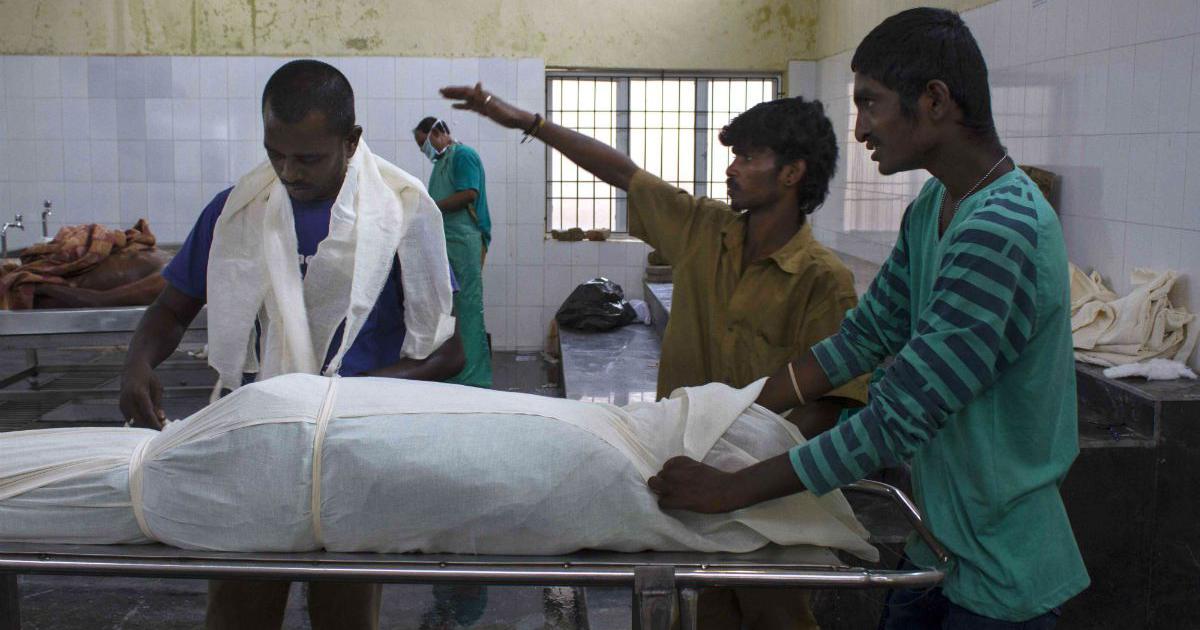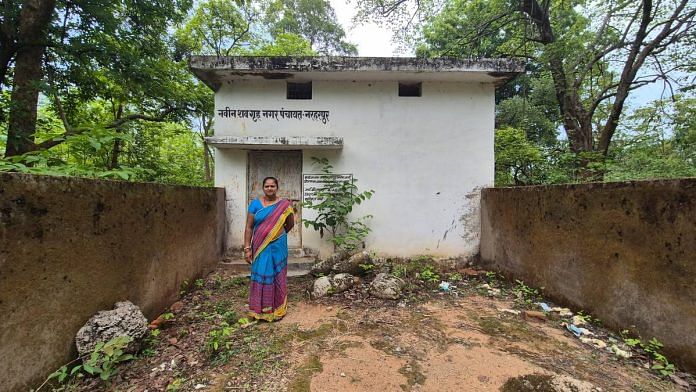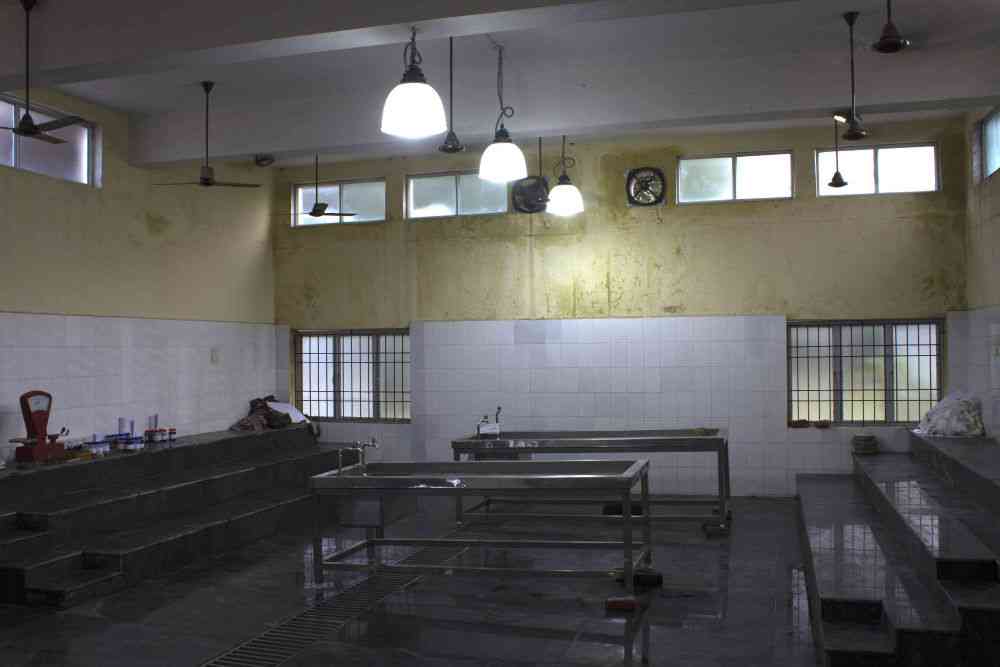By law, only MBBS-qualified doctors are authorized to conduct post-mortem examinations in India. This safeguard exists to uphold scientific accuracy, protect the dignity of the deceased, and deliver justice to grieving families. Yet, behind the locked doors of mortuaries across the country, the reality is disturbingly different.
The Silent Hands Behind the Scalpel
Inside these mortuaries, it is often Dalit sanitation workers—with no medical training—who wield the scalpel. They cut open bodies, examine internal organs, and prepare the groundwork for official reports. The doctors, many times, arrive later only to glance through findings and sign their names.
What is supposed to be a medical and legal process instead becomes a stark reminder of caste exploitation, hidden beneath layers of silence and bureaucracy.
Caste and the Culture of “Unclean” Work
For centuries, Dalits have been pushed into occupations society labels as “unclean”—from manual scavenging to handling corpses. The mortuary, meant to serve as a space of science and truth, has now become another arena where caste shadows loom large.
Workers recount how they are summoned at odd hours, ordered to perform the most gruesome tasks, and rarely acknowledged for their critical role. Their labor remains invisible, their names erased under the authority of a doctor’s signature.

When Justice Is Put at Risk
Post-mortem reports are often the decisive factor in criminal cases—whether in murders, custodial deaths, accidents, or suspicious deaths. A single oversight can change the course of justice. Forcing untrained workers to carry out autopsies not only increases the risk of errors but also undermines the rule of law.
Legal voices caution that this practice can rob families of truth and accountability, allowing injustice to hide behind procedural neglect.
Testimonies of Exploitation
Workers admit they were never trained, yet were compelled to take on tasks that no unqualified hand should be handling.
One worker shared: “We do everything—from cutting the body to writing down details. The doctor only comes, checks quickly, and signs.”
Day after day, these workers confront the trauma of mutilated bodies—often without protective gear, fair pay, or the social dignity they deserve. Every shift is a grim reminder that caste oppression is not just alive but institutionalized.

The Need for Accountability
This is not mere administrative negligence. It is a systemic failure, where caste discrimination and professional apathy intersect. Vulnerable workers are exploited while qualified doctors shirk responsibility.
If India truly believes in equality, dignity, and justice, the government must:
●Enforce strict accountability in mortuaries,
●End the practice of forcing Dalit workers into autopsy roles,
●Guarantee safe working conditions and fair treatment, and
●Ensure only qualified doctors perform post-mortems.
Until then, the autopsy room will remain more than a place of science—it will continue to be a theatre of injustice, where caste and silence carve deeper wounds than the scalpel itself.


